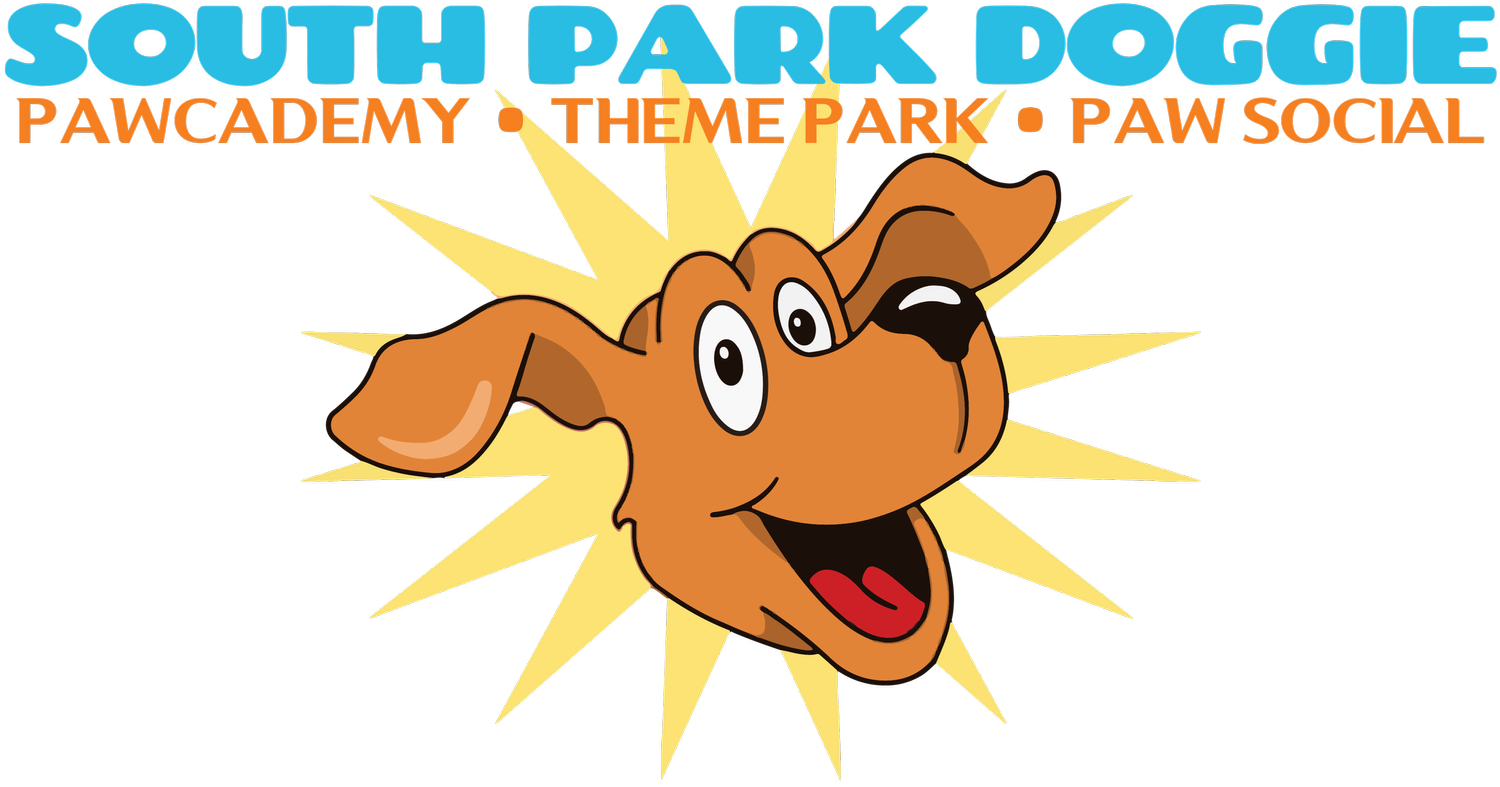The Role of Play in Dog Development:
A look into the science behind playtime.
Many of us think of playtime as a simple way to keep our dogs entertained, but the significance goes much deeper than that. The act of playing isn't just for fun; it's a critical component of a dog's physical, mental, and social development. In this post, we’ll explore the scientific aspects behind playtime and how it contributes to the overall well-being of your furry friend.
The Basics of Canine Play
Types of Play
Social Play: Involves interaction with other dogs or humans and can include activities like chasing, wrestling, and tug-of-war.
Object Play: Dogs engage with toys or other items, often involving chewing, shaking, or fetching.
Locomotor Play: Includes running, jumping, and other forms of movement that don’t necessarily involve social interaction or objects.
Stages of Life and Play
Puppyhood: More focused on social play to learn manners and boundaries.
Adulthood: Object play and locomotor activities become more prominent, offering ways to release pent-up energy.
Senior Years: Play may become more subdued but remains essential for mental stimulation and emotional well-being.
Physical Benefits of Play
Motor Skills and Coordination
The varied movements involved in play help in developing fine and gross motor skills, enhancing your dog’s coordination and physical agility.
Exercise and Physical Health
Playtime provides an excellent source of exercise, keeping your dog fit and healthy. It helps to maintain an ideal body weight, reducing the risk of obesity and associated health issues.
Cognitive Advantages
Problem-Solving
Certain play activities, like fetch or hide-and-seek, require dogs to use their cognitive abilities to locate objects or figure out strategies, thereby stimulating mental growth.
Focus and Attention
Engaging playtime activities demand your dog’s full attention, aiding in improving their concentration levels.
Emotional and Social Perks
Bonding
Playing strengthens the bond between a dog and its owner or other dogs, fostering social skills and emotional well-being.
Emotional Release
Play allows dogs to release pent-up emotions, serving as a healthy outlet for stress, anxiety, and excessive energy.
How Play Aligns with South Park Doggie Pawcademy’s Mission
At South Park Doggie Pawcademy, we recognize the invaluable role that play serves in a dog's overall development. Our Pawcademy curriculum includes various extracurricular activities that integrate elements of play to ensure a well-rounded experience for your canine companion. These activities perfectly align with our mission to develop every dog socially, physically, and mentally.
The science behind playtime reveals its vital role in a dog's overall development. It's not just about burning off energy or keeping your dog entertained; it's about enriching their lives in meaningful ways. As we've seen, play contributes to physical health, cognitive abilities, and emotional well-being, making it a fundamental part of a dog’s life. So the next time your dog brings you their favorite toy, remember, you're not just playing; you're contributing to their growth and happiness.
